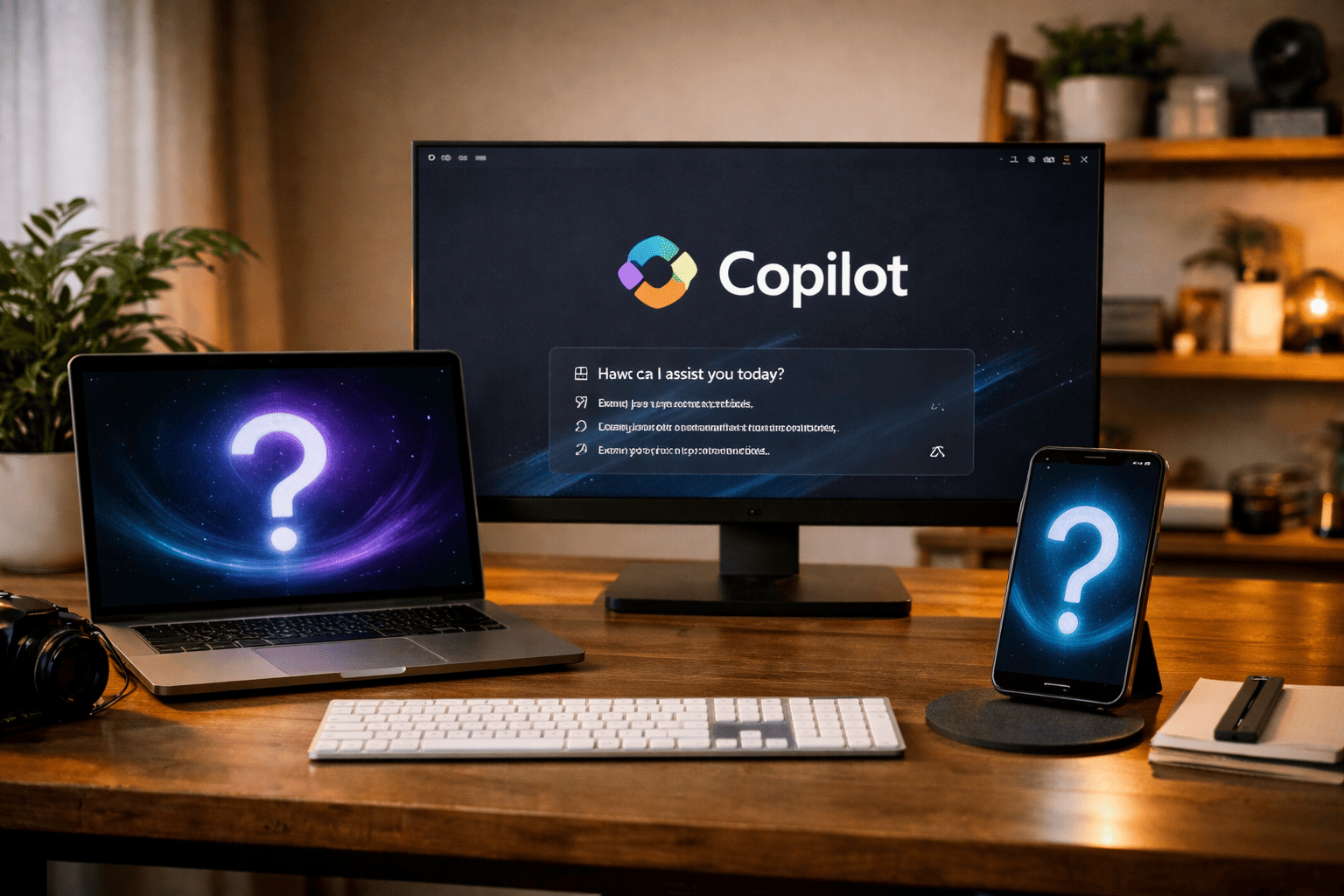Objective Summary : Tips and Example

Get the work done for any meeting
Meeting transcription, AI custom notes, CRM/ATS integration, and more
When the meeting ends, you might be left with the task of summarizing all the discussions, decisions, and next steps.
But how can you ensure that the summary is clear, concise, and free of personal bias?
That's what objective summaries are for.
In this article, we’ll explore how to create objective summaries that deliver all the key information from your meetings without bias or unnecessary detail.
What is an Objective Summary?
An objective summary is a brief, neutral report of key points from a document, meeting, or presentation. It’s designed to give readers a clear understanding of the main ideas without including your personal opinions or unnecessary details.
When writing one, your focus should be on delivering only the facts.
Where Objective Summaries Are Needed

Objective summaries are needed in various professional and educational settings where clarity, accuracy, and neutrality are essential :
- Ojective summaries are crucial for business meetings like executive conversations, or project updates. You might use an objective summary to ensure that everyone in your team, regardless of whether they attended the meeting, understands the main takeaways.
- They are also useful in summarizing lengthy documents, like financial reports or market research. Instead of asking your colleagues to wade through pages of data, you can provide them with a concise summary that highlights the essential figures and trends, allowing them to quickly grasp the key information.
- In educational settings, objective summaries help students or researchers quickly understand the main points of a research paper or academic article. You focus on the primary findings, research methods, and conclusions without adding your own analysis. This ensures that the reader can easily determine if the material is relevant to their own work without having to read through the entire piece.
- In legal settings, objective summaries can condense complex legal documents into understandable formats. Summarizing the key points of a contract or case allows legal professionals to quickly identify relevant details without getting lost in legal jargon or irrelevant information.
- In recruitment and HR, objective summaries help with candidate assessments and interview reports. Summarizing candidate responses or interview performance gives hiring managers a clear, factual basis for decision-making, avoiding any personal bias or irrelevant details.
Tips to Write an Excellent Objective Summary

Here are some practical tips to help you craft a clear and factual summary that delivers the main ideas without any personal interpretation or bias.
1. Understand the Content
Before you begin, make sure you fully understand the material. Read or listen to the content carefully, taking notes of the main points and any critical supporting details. Whether it’s a meeting, article, or report, it’s essential to know the core message so you can accurately reflect it in your summary.
2. Focus on the Facts
An objective summary should only include factual information. Avoid adding your opinions, assumptions, or personal takeaways. If you’re summarizing a meeting, focus on what was discussed, the decisions made, and any action items. For instance, instead of saying, "The CEO seemed frustrated," stick to the facts: "The CEO requested revisions to the budget proposal".
3. Group Similar Ideas Together
To make your summary easy to read, organize related ideas into clear sections or sentences. Don’t follow the original structure of the document if it doesn’t make sense in a summary format. Instead, group similar points together. For example, if a report discusses financials, strategies, and challenges separately, you can summarize these categories in a more cohesive way.
4. Get Another Pair of Eyes on It
Once you’ve written your summary, ask a colleague or peer to review it. Often, we subconsciously insert our own bias into summaries, even when we’re trying to stay neutral. A fresh perspective can help identify any areas where you’ve drifted from the original content or where the tone may seem biased. Additionally, it ensures that the summary is clear to someone unfamiliar with the source material.
Example of a Good Objective Summary

The following example is based on a dialogue from an executive meeting about a product launch. The following objective summary distills this discussion into a neutral, fact-based account :
CEO: "I’m worried about the marketing strategy for our new software launch. We’re not standing out against the competition. We need a clearer message, something that shows why we’re different."
CFO: "Financially, we’ve seen a 10% increase in revenue this quarter, which is great, but operational costs are climbing. This is mostly due to the new hires and increased marketing spend. If we keep this up without boosting sales, our margins will tighten."
CTO: "From the technical side, we’re seeing some issues with the user experience in the product. It’s not quite ready. I’d recommend we delay the launch by at least a month to make sure we can address these issues properly."
COO: "A delay means we’ll miss our revenue targets for next quarter, which could hurt us in the short term. Do we have any way to mitigate this if we go ahead with the delay?"
CMO: "I actually support the delay. It’ll give us more time to fine-tune the marketing campaign and ensure the messaging aligns better with the product’s strengths. Rushing this out now could do more harm than good."
CEO: "Alright, let’s postpone the launch by one month. I need you all to revise the product roadmap and the marketing plan within the next two weeks. We can’t afford to lose momentum."
Objective Summary
During the executive meeting, the team discussed the upcoming software product launch and the company’s financial outlook. The CEO expressed concerns about the marketing strategy, emphasizing the need for clearer messaging to stand out from competitors. The CFO reported a 10% increase in quarterly revenue but highlighted rising operational costs due to new hires and marketing expenses. The CTO recommended delaying the product launch by one month to address technical issues with user experience. The CMO supported the delay to allow time for refining the marketing campaign, while the COO raised concerns about missed revenue targets. Ultimately, the CEO decided to postpone the launch and requested updated product and marketing plans within two weeks.
Automated Objective Summary for All Your Meetings: Noota

Writing objective summaries manually can be time-consuming, especially if you need to capture key points, decisions, and next steps in multiple meetings. Noota helps you automate this process :
- Automated Recording and Transcription: With Noota, you can stop worrying about taking detailed notes during meetings. Noota records the entire discussion and transcribes it in real-time. This ensures that every word is captured accurately, giving you a full record of the meeting without missing important details.
- Customizable Summary: Every meeting has different needs. Whether you’re in a project update, financial review, or team brainstorming session, Noota allows you to customize yoursummary.
- Quick and Easy Sharing: Once the meeting ends, sharing the minutes with your team is seamless. With just one click, you can send the structured report to all relevant stakeholders.
- Integrates with Your Daily Tools: Noota integrates with tools you already use, like your project management software, email, and calendars. This allows you to keep track of meeting outcomes and tasks without needing to switch between different platforms.
- Secure and Compliant: Noota ensures your meeting data is stored securely and complies with industry standards. This is especially important if your meetings involve sensitive information, such as financial reports or legal discussions.
Want to generate an objective summary -without the hassle? Try Noota for free.
Get the work done for any meeting
Meeting transcription, AI custom notes, CRM/ATS integration, and more
Related articles

Forget note-taking and
try Noota now
FAQ
In the first case, you can directly activate recording as soon as you join a videoconference.
In the second case, you can add a bot to your videoconference, which will record everything.
Noota also enables you to translate your files into over 30 languages.

.svg)
.svg)

.webp)

.png)


.svg)
